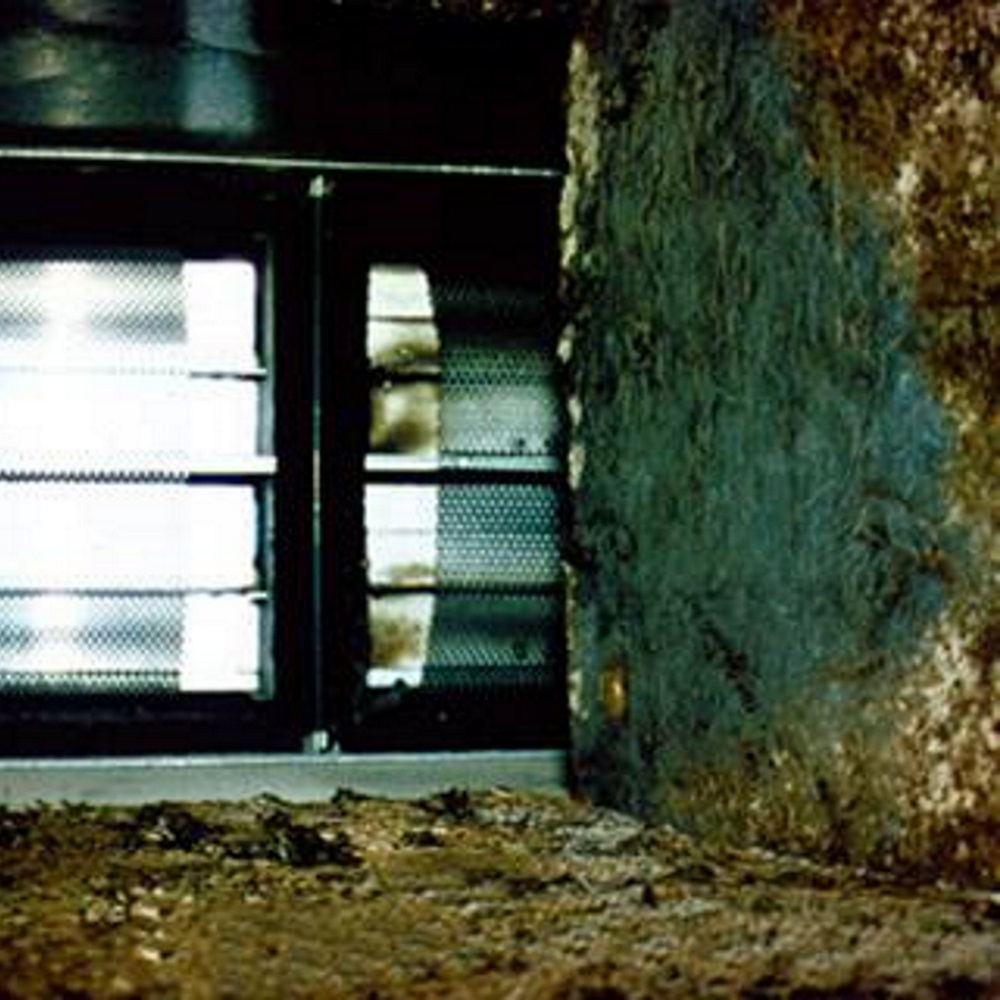Your home’s HVAC System is like its lungs. It isn’t just heating your house, it’s filtering and circulating the air your family breathes. Now imagine if your ductwork is dirty; what kind of impact could that have on your indoor air quality?
The truth of the matter is that most homeowners don’t even think about their ductwork or the HVAC System until there’s an issue, but by then your indoor air quality could have been degrading for years…
But what are some specific concerns to keep in mind and what warning signs should you keep an eye out for?
Dust and allergens
As air moves through your system, dust and allergens can be deposited inside the duct lines. When your ductwork hasn’t been cleaned for an extended period of time, and enough dust has accumulated inside your duct lines, you’ll begin to notice that more and more dust comes out of your heating vents.
This can have a significant effect on your indoor air quality, aggravating allergies or causing respiratory issues.
Bacteria and viruses
It isn’t just dust and allergens that are accumulating inside your duct lines, bacteria and viruses can be trapped inside your ductwork as well. The probably arises when your ductwork becomes dirty enough for these potentially disease-causing agents to be released back into the living space.
Over time, you may find that you’re sick more frequently or persistently. This can be the result of a respiratory response to the debris coming out of your ductwork, or caused by bacteria and viruses that are now in your indoor air at greater concentrations.
Mold and moisture
Whether you have an active moisture issue in your home or not, mold spores are most certainly in your air. While these spores may be dormant, that only means that they’re waiting for the right environment to encourage growth. A dirty duct line and some humidity, can create an ideal environment, giving accumulated mold spores everything they need to grow. This can result in a significant problem, as mold growing inside your ductwork can easily spread from one part of your home to another. In fact, the HVAC System is a leading cause of cross-contamination of mold issues!
If mold is able to begin to develop in your duct lines, you may notice allergic reactions, respiratory issues, or other environmental reactions. The easiest way to prevent a mold issue is to avoid creating environments favorable to growth. When we’re talking about ductwork, that means keeping your ductwork clean and preventing it from getting wet.
The warning signs of dirty ductwork
There are a few telltale signs of dirty ductwork. Here are a few things to keep an eye out for:
- Dust or debris is accumulating outside your air vents.
- You feel like you’re dusting furniture all the time, or it’s dusty again shortly after cleaning.
- You notice an odor when your heating / air conditioning system is on.
- Your ductwork has gotten wet (for any reason).
- There are signs of a pest infestation.
- It looks dirty inside your air vents.
How often should you have your ductwork cleaned?
The National Air Duct Cleaners Association (NADCA) recommends having your ductwork cleaned every 3 to 5 years. If you don’t know when your ductwork was last cleaned, or are experiencing any of the warning signs above, it’s recommended to have your ductwork cleaned.
We hope this answered some of your questions about your Ductwork System. Proper, effective duct cleaning can not only improve the quality of your indoor air, but the efficiency of your heating and cooling system!
About Disaster Blaster
Disaster Blaster is an indoor environmental firm serving the Northeastern PA Area. We have been providing our local area with unparalleled duct cleaning, water damage mitigation, basement waterproofing, mold remediation, radon mitigation, asbestos abatement, and fire / smoke restoration services for decades, and are proud to have been named The World’s Greatest Indoor Environmental Firm. For more about Disaster Blaster, as well as more helpful tips, please visit our website at: www.disasterblaster.com or call our office at (570) 963-1123.


